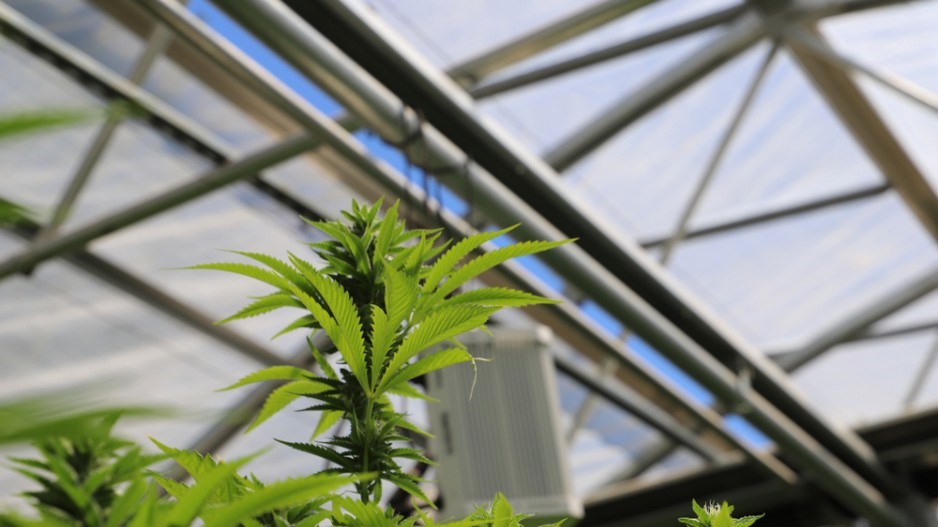What happened: Health Canada changed regulations to force entrepreneurs who want to cultivate or process cannabis in Canada to have their facilities fully built before they apply for a licence. The restriction also applies to anyone who wants to sell cannabis directly to medical patients via mail order.
Why it matters: The new restriction means that entrepreneurs must spend significantly more money on their ventures, and potentially find it more challenging to borrow needed money, before being able to apply for a licence.
Before May 8, entrepreneurs were able to apply to have Health Canada provide an initial paper-based review of their applications. They could then leverage that preliminary approval to help get financing to build whatever facilities they needed to construct.
Cannabis sector insiders say that this new regulation hurts smaller players who now may not be able to get necessary financing, and that it dissuades small business owners who have lower appetites for risk from embarking on their cannabis business.
“I work with a lot of micro applicants,” said British Columbia Independent Cannabis Association founding director Travis Lane on Twitter following the announcement.
“I would expect some to give up now due to increased risk in an already uncertain environment.”
Lane also criticized the sudden and unexpected news as being “tough” for people who were already in the process.
“It means people who were finally getting past the last step prior to applying are months away from applying,” he said. “I am baffled by this. I know of dozens of nearly completed [applications]. Some will never be submitted as a result.”
Health Canada justified its move by pointing to its internal statistics that show that 70% of applicants who successfully passed the department’s initial paper-based review of their application during the past three years have not yet submitted evidence packages to demonstrate to the department that they have a built facility that meets the regulatory requirements.
“As a result, a significant amount of resources are being used to review applications from entities that are not ready to begin operations, contributing to wait times for more mature applications and an inefficient allocation of resources,” Health Canada said in a release.
It added that the new system will better allocate resources.
Bureaucrats will complete high-level reviews of most of the more than 700 applications now in the queue. If an application passes this review, Health Canada will provide a status-update letter to the applicant, indicating that it has no concerns with what is proposed in the application.
Once an applicant has a completed site that meets regulatory requirements, the department will review the application in detail, in priority based on the original application date, Health Canada said.
"If an existing applicant has received a confirmation of readiness letter then there is no change in the process," said Aird Berlis partner Jeremy Burke
"However, the applications of approximately 580 existing applicants that have not received a confirmation of readiness letter will be subjected to a new standard of Health Canada review."
Lane, however, mocked the idea that the new process will be good for entrepreneurs.
“No small business will look at this and say, ‘I am eager [to] lay out up to a million [dollars] to build a cannabis-specific space, then apply for a license that has no firm timelines for processing waits, without the ability to even get my security clearance started ahead of time,’” he said.
When speaking to BIV on the phone, Lane added that there is a bright side, albeit a “big-business-centric” one.
“This will clean up their queue of people who might never execute,” he said.
“None of these announcements ever come as wholly negative. Usually Health Canada is doing something to create efficiencies, and this will, kind of, do that.”




